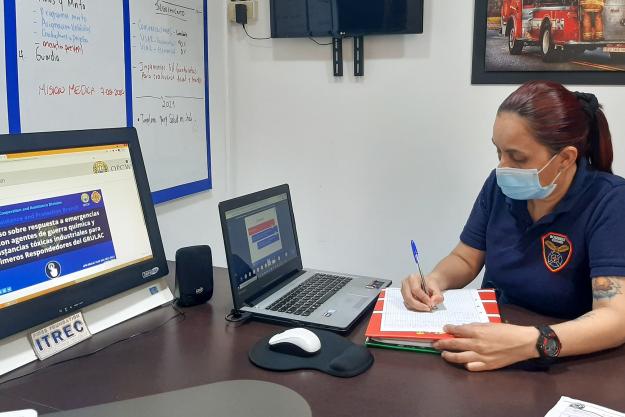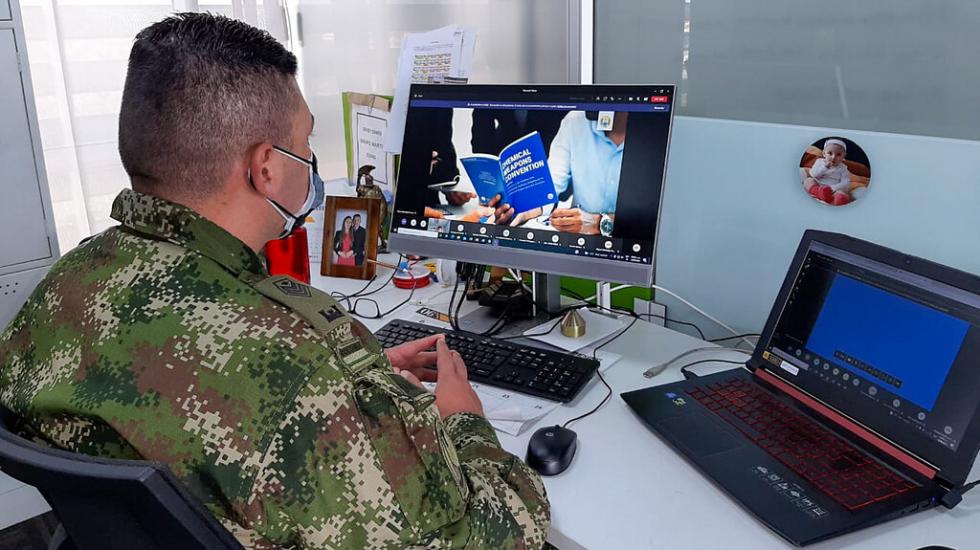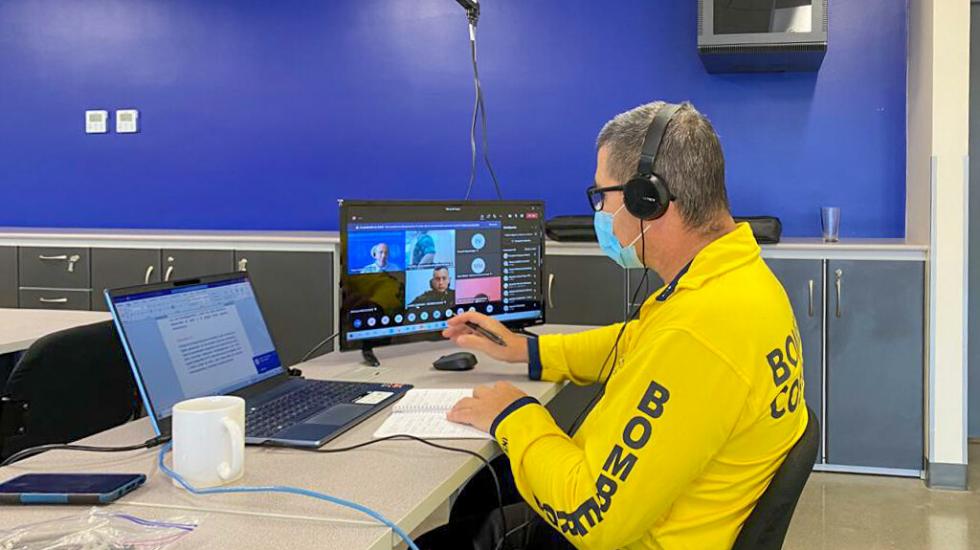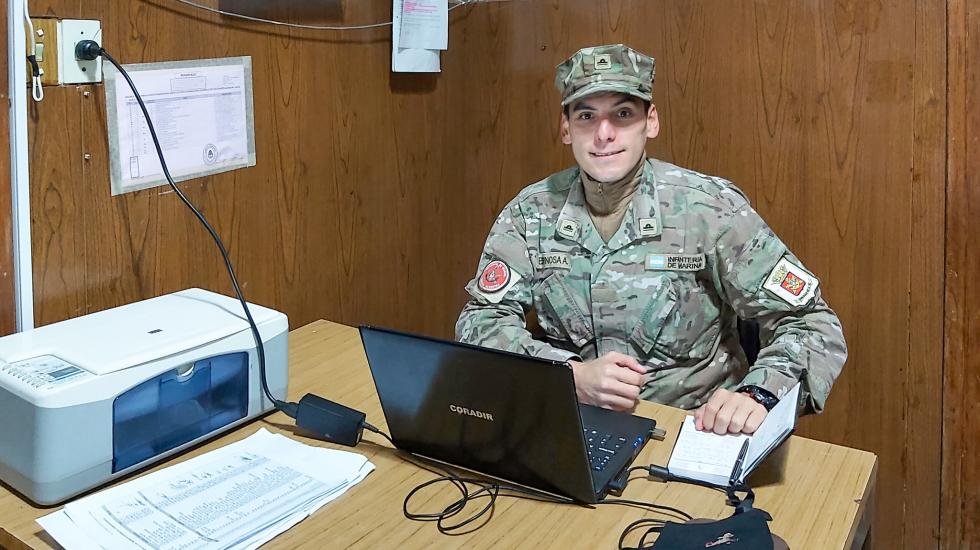
THE HAGUE, Netherlands–25 June 2021–First Responders from Latin America and the Caribbean (GRULAC) learned the principles of chemical emergency response for incidents involving chemical warfare agents and toxic industrial chemicals during an online course held from 21 to 25 June. The Organisation for the Prohibition of Chemical Weapons (OPCW) conducted the training with the support of the Costa Rica National Authority and the Hazardous Materials Unit of the Costa Rica Fire Brigade.
The Coordinator of the National Authority for the Prohibition of Chemical Weapons of Costa Rica (ANAQ), Ms Xiomara Jiménez, stated: “For states in Latin America and the Caribbean, it is essential to build capacity to respond to emergencies involving chemical warfare agents and other toxic substances. In doing so, we fulfil obligations under Article X of the Chemical Weapons Convention on assistance and protection against chemical weapons. Training activities allow participants to exchange experiences, practices, and procedures as part of continuous professional development. Through its Hazardous Materials Unit, the Fire Department of Costa Rica will continue supporting the National Authority of Costa Rica and the OPCW Technical Secretariat in further professional training of chemical emergency responders.”
OPCW’s Special Advisor on Assistance and Protection, Mr Shawn DeCaluwe, reaffirmed the Organisation’s commitment to assist Member States in protecting their populations against chemical warfare agents and toxic industrial chemicals. He stressed: “The longstanding cooperation between the Government of Costa Rica and the OPCW has considerably advanced regional emergency response capacities under Article X.”
The training covered a range of topics, including types and characteristics of chemical warfare agents and industrial chemicals, incident command, personal protection, sampling, detection and identification, and decontamination.
The 77 participants, both military and civilian professionals, came from a variety of response backgrounds, including civil defence, hazmat equipment firefighters, as well as chemical, biological, radiological and nuclear defence (CBRN) military units. They represented the following 11 OPCW Member States: Argentina, Bolivia, Brazil, Chile, Colombia, Ecuador, Nicaragua, Paraguay, Peru, Uruguay, and Venezuela.



Background
This was the second online edition of this training supported by Government of Costa Rica, and the ninth online course for OPCW Member States from Latin America and the Caribbean (GRULAC) since the onset of the Covid-19 pandemic, organised in support of the full and effective implementation of Article X (Assistance and Protection against Chemical Weapons) of the Chemical Weapons Convention.
As the implementing body for the Chemical Weapons Convention, the OPCW, with its 193 Member States, oversees the global endeavour to permanently eliminate chemical weapons. Since the Convention’s entry into force in 1997, it is the most successful disarmament treaty eliminating an entire class of weapons of mass destruction.
Over 98% of all declared chemical weapon stockpiles have been destroyed under OPCW verification. For its extensive efforts in eliminating chemical weapons, the OPCW received the 2013 Nobel Peace Prize.
